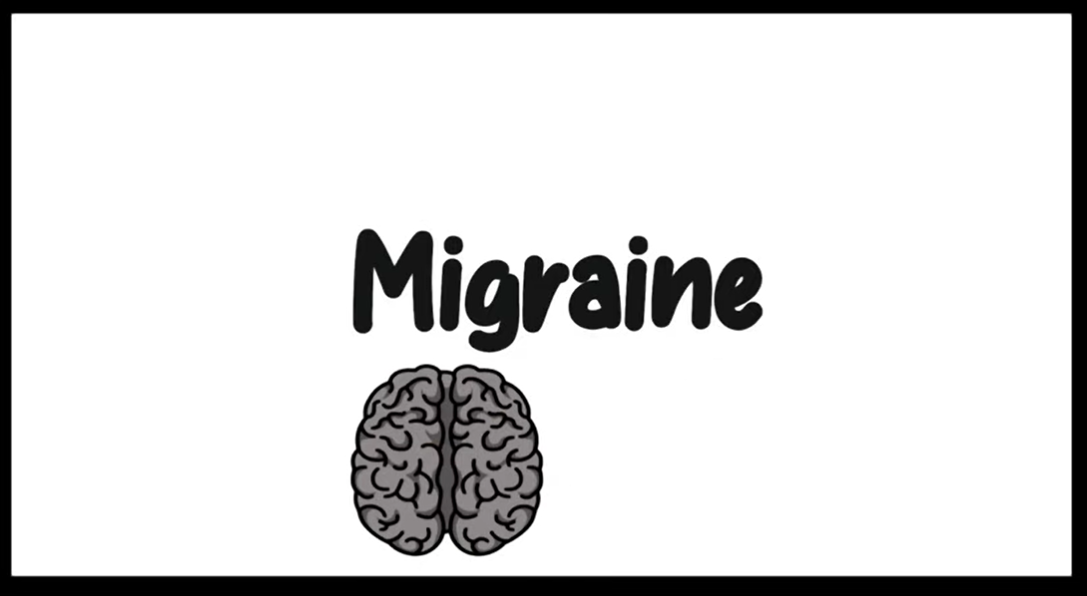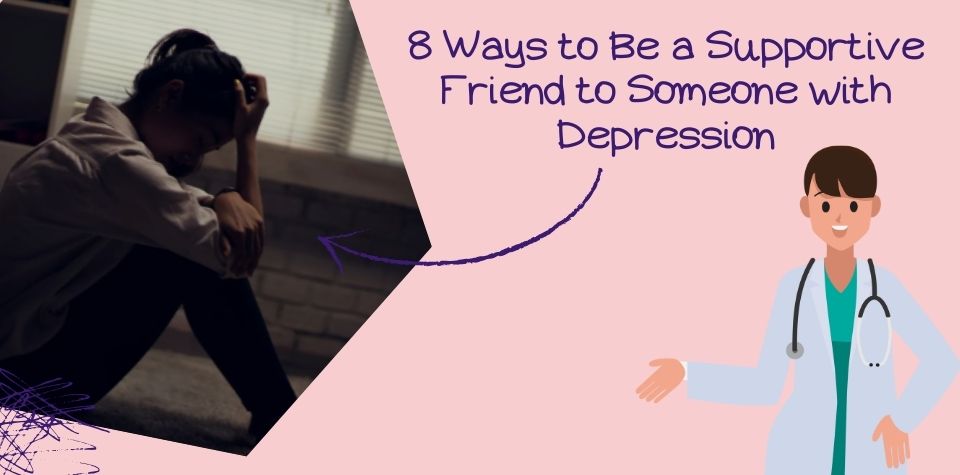Did you know that millions of people worldwide experience migraines? It’s likely that some family members have also suffered from migraines if you have. Thus, the question of whether migraines are inherited comes to mind. In further lines, we investigate the facts and current research about migraines and their heredity link.
Understanding migraines
Migraines are not just severe headaches. Their complexity is higher. Numerous debilitating symptoms may arise from this neurological condition. A greater understanding of these will aid in treatment and management.
A migraine is a neurological condition known for modest to acute throbbing pain. It generally impacts one part of the head. Other symptoms, such as vomiting, nausea, and sound and light sensitivity, may follow.
The different stages of a migraine
A migraine generally goes through four distinct stages: attack, prodrome, aura, and post-drone. It is important to remember that not everyone goes through all of these stages.
Attack
This is when the headache from a migraine occurs. The duration varies from four to seventy-two hours. The pain, ranging from mild to intense, could pulse or throb.
Prodrome
Often called the “pre-headache” phase, you may experience mild symptoms, including mood swings, increased yawning, or food cravings.
Aura
The aura stage causes transient neurological symptoms, and it affects almost one-third of migraineurs. These may include numbness, visual problems, or tingling. A migraine with aura is known as Classic Migraine, and that without aura is known as a common Migraine.
Post drome
This is the phase of recuperation after a headache. It could continue for up to a day and leave you feeling exhausted or disoriented.
Common symptoms of Migraines
Along with these stages, migraines may come with other symptoms.
- Pulsating or throbbing pain that happens impacts one part of the head.
- Visual problems [ such as having blind spots or seeing flashing lights].
- Feeling woozy or dizzy
- Tingling or numbness in the limbs or face
- Having a painful or stiff neck.
The headaches generally:
- It begins as a dull pain and gets worse within minutes to an hour
- Are pounding, throbbing, or pulsating
- Stays for 4-72 hours
- Symptoms can linger even after the condition goes away. It is known as migraine hangover.
Symptoms may include:
- Neck pain
- Needing extra sleep
- Feeling mentally dull, such as your thinking is not sharp or clear
When to consult a healthcare expert
If migraines can be a major issue for you, it is vital to seek urgent clinical attention; ensure to get emergency care for headaches that:
- Occur after a head injury
- Harsh in intensity
- Stays for over three days or gets worse as time passes
- Come with a rigid neck, high fever, seizures, or other neurological conditions
Diagnosis of Migraines
If you are a patient with migraines or a family history of it, consult a neurologist. They will help to diagnose migraines based on your symptoms, medical history, and a neurological and physical examination.
To rule out other possible reasons for your discomfort, tests to rule out rare, complex, or suddenly severe conditions could include:
- A CT scans
- An MRI scans
Treatment options for migraines
There are numerous ways to treat migraines. These include-
- Acupuncture
- Stress-lowering relaxation methods such as meditation, yoga, and deep breathing
- Natural supplements and remedies like magnesium, butterbur, and vitamin B2
Special note
There is a strong genetic correlation with migraines, according to research. It is complicated and unclear how genes and migraines are related, though. Environmental variables and gene-based risk factors can contribute to migraine development. This intricacy is also influenced by each person’s own triggers.
Please visit our health and technology page for more trending and relatable updates.











